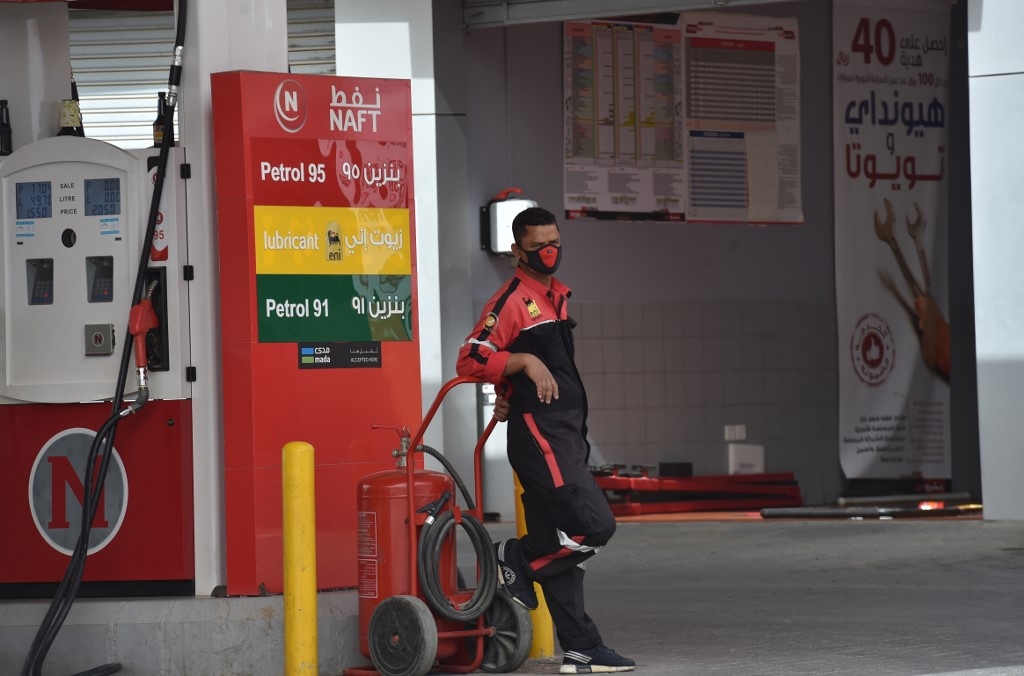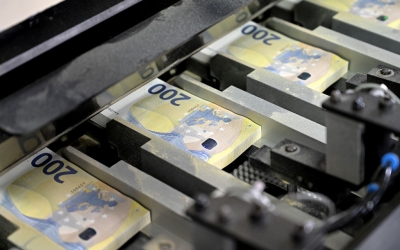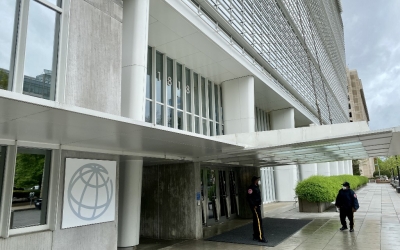Saudi Arabia posts $29bn deficit in second quarter as oil revenues fall

Saudi Arabia posted a deficit of $29.12bn in this year's second quarter, with low oil prices and the coronavirus pandemic significantly hurting revenues, a report released by the kingdom's finance ministry on Tuesday showed.
According to the Ministry of Finance, second-quarter oil revenues fell to $25.5bn, a 45 percent drop from last year. Meanwhile, total revenues dropped 49 percent to nearly $36bn from last year.
Total second-quarter expenditures also fell, dropping by 17 percent to around $65bn, although spending increased by 7.5 percent when compared to the first quarter.
Monica Malik, a chief economist at Abu Dhabi Commercial Bank, told Reuters that "a pullback in spending" would be essential for containing the deficit.
"The proactive stance of the government was already reflected in the austerity measures announced in April. However, these will dampen the recovery outlook," Malik said.
Facing a deep recession, Riyadh has taken unprecedented measures to support its finances, including tripling value-added tax, increasing import fees and canceling some benefits for government workers.
The kingdom has traditionally been tax-free for individuals, with oil revenue supporting a wide range of subsidies and benefits for citizens.
But economists have warned that the moves could restrict recovery, as curbs aimed at reducing the spread of the coronavirus are lifted.
Saudi Arabia's reserves
The International Monetary Fund (IMF) has estimated that the economy could shrink by 6.8 percent this year, a figure Saudi officials have said was "pessimistic".
Saudi Arabia, which in the first three months of 2020 posted a $9bn deficit, has raised $12bn in international markets so far this year and has borrowed 41.1bn riyals ($10.96bn) in the domestic market, Tuesday's report showed.
Finance Minister Mohammed al-Jadaan said earlier this month that the kingdom planned to tap international debt investors at least once more this year.
In addition to borrowing, the government has used around $13bn in government reserves in the second quarter to finance its deficit, budget data showed. That is largely within a $32bn drawdown limit targeted by the government this year.
Between March and April, however, the kingdom used $40bn in foreign reserves to back overseas investments of its sovereign fund, the Public Investment Fund (PIF).
According to Invesco, a US-based investment management company, Saudi Arabia's PIF has bought up billions of dollars worth of stocks during the pandemic in companies such as BP, Boeing, Citigroup and Facebook.
Middle East Eye propose une couverture et une analyse indépendantes et incomparables du Moyen-Orient, de l’Afrique du Nord et d’autres régions du monde. Pour en savoir plus sur la reprise de ce contenu et les frais qui s’appliquent, veuillez remplir ce formulaire [en anglais]. Pour en savoir plus sur MEE, cliquez ici [en anglais].






